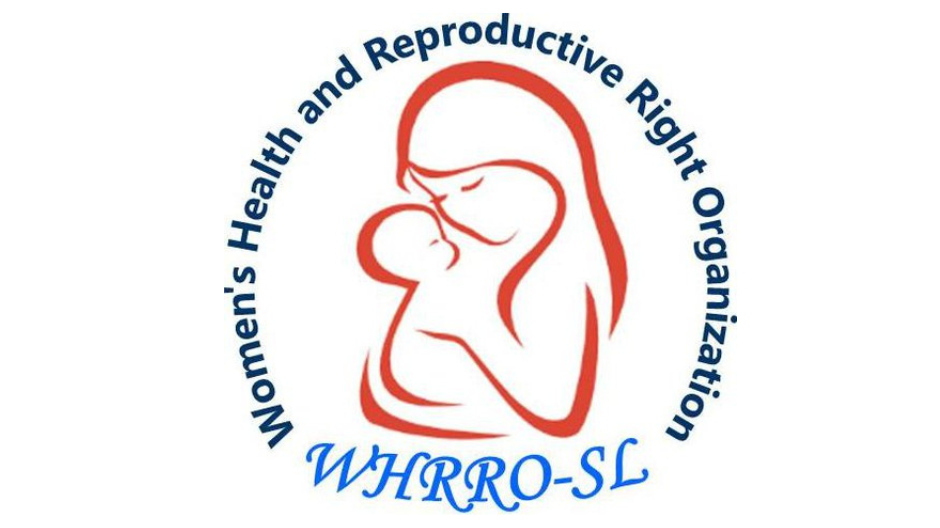Overview
Women’s Health and Reproductive Rights Organization Sierra Leone (WHRRO) is a women-led, community-based non-governmental organization that was founded in 2013. It was established to promote and protect the rights of women and girls in Sierra Leone, particularly in the areas of reproductive health and gender-based violence.

Vision
The vision of WHRRO is to create a society where women and girls have access to comprehensive reproductive health services, and where their rights are respected and protected.
Mission
The mission of WHRRO is to empower women and girls through education, advocacy, and service delivery. The organization aims to improve the quality of life for women and girls in Sierra Leone by providing them with access to reproductive health services, promoting gender equality, and advocating for their rights.
The objectives of WHRRO include:
- To provide comprehensive reproductive health services to women and girls in Sierra Leone, including family planning, access to safe and legal abortion, maternal health, and HIV/AIDS prevention and treatment.
- To promote gender equality and women’s empowerment through education, advocacy, and community outreach.
- To advocate for the rights of women and girls in Sierra Leone, including their right to education, health, and freedom from violence and discrimination.
- To provide support to survivors of gender-based violence, and unsafe abortion including counseling and legal assistance.
Overall, WHRRO is committed to improving the health and well-being of women and girls in Sierra Leone, and to promoting their rights and empowerment.
You can read more about WHRRO here.